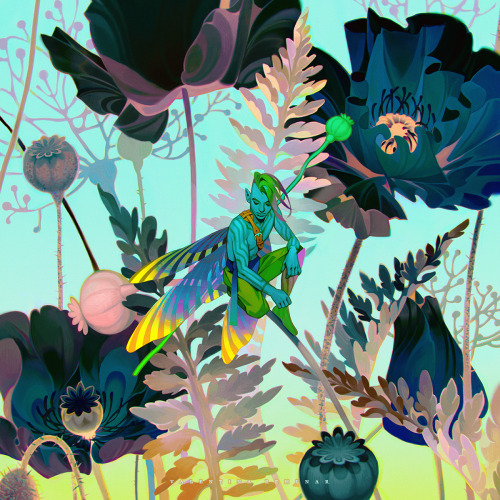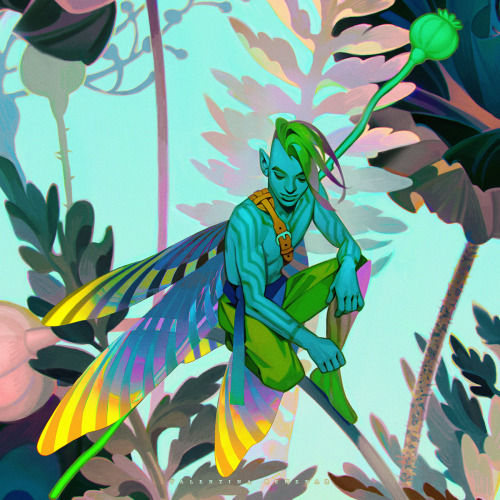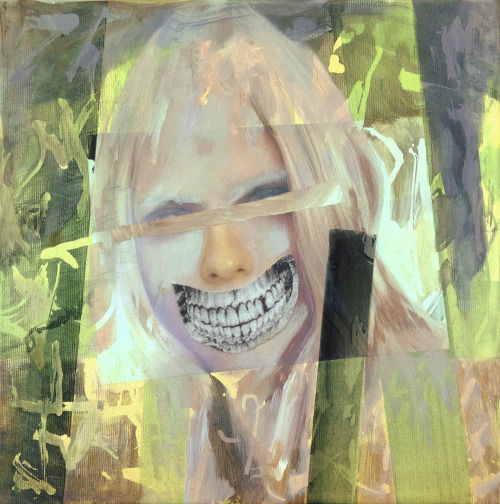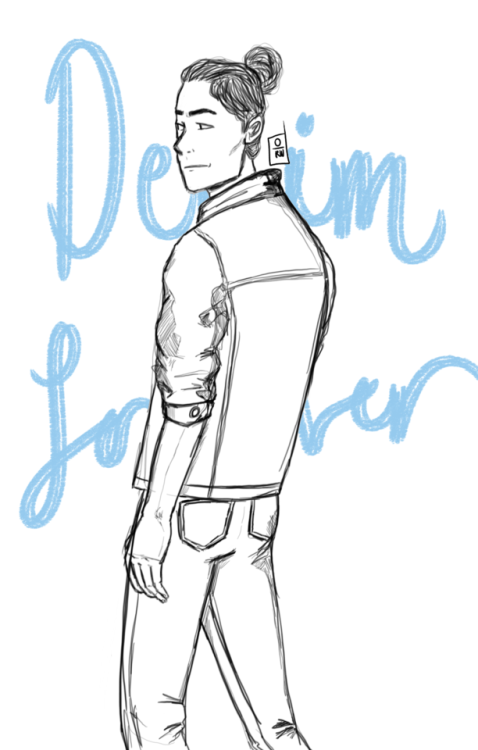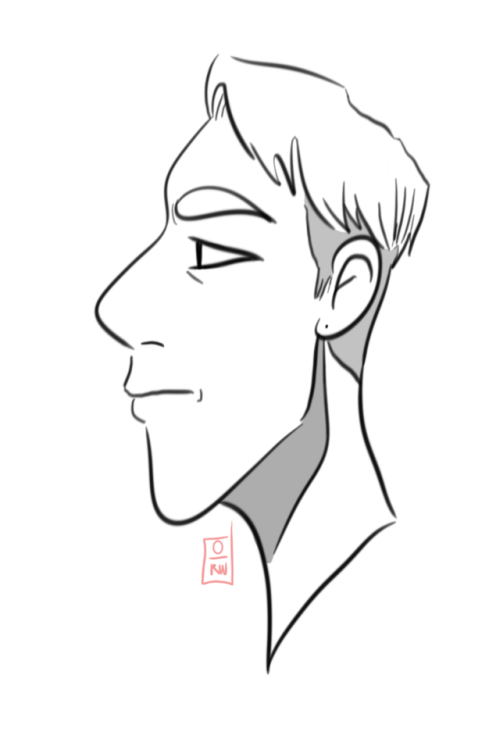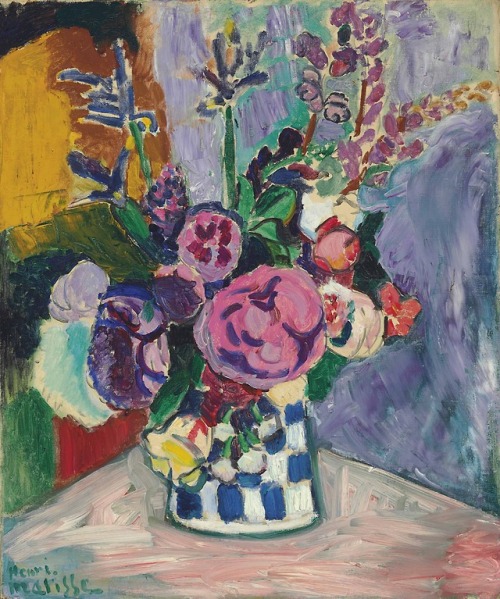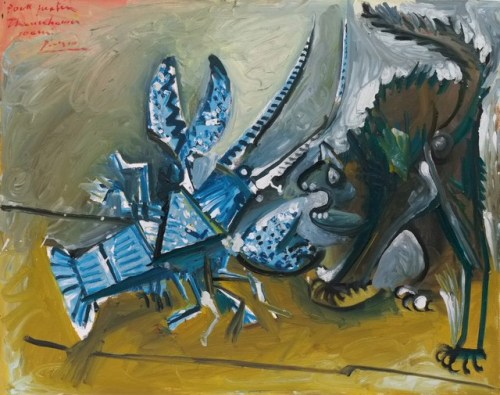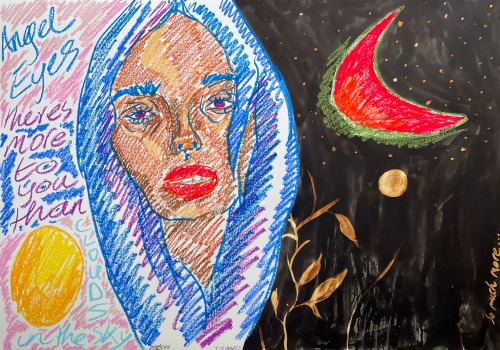#modern art
Spring
Is this finally illustration which I managed to draw in 2020? You bet it is! I wanted to draw something inspired by nature for so long and I’m happy that I finally managed to work on original art after months of hard work. This year I hope to experiment more with backgrounds and other things so I hope you’ll be excited to see my new works :D
Official site|YouTube|Instagram|DeviantART|ArtStation|Twitter
Post link
Robert Wałęka, Portrait, 2016
http://robertwaleka.blogspot.com/2016/05/portrait.html#links
https://www.facebook.com/Robert-Wa%C5%82%C4%99ka-123862751299845/
my art can not be boring because it is diverse
Post link

Blue Night.

Blue, winter.

Blue.

Sea.

Blue, night.

Blue Night.


Fragments.

Dusk, on vintage pink paper.

Stars.
Here’sthe whole thread if you want it. The Brometheus is shilling his book by the end of it, but that’s okay: I’ll be shilling mine shortly enough too. Anyway, doesn’t it feel as if people are becoming more and more obsessed with this topic? And discussing it in cruder and cruder ways? And on both the left and, as above, the right?
But it was not alone in the CIA’s power to create “modern culture.” According to the first comprehensive book on this subject, Saunders’s Cultural Cold War, they were often out of their depth, these WASP establishmentarians, jumping on a bandwagon of anti-mimetic art launched from mid-19th-century Paris back when their own progenitors were still reading Longfellow at the fireside, not to mention that they had a positively Soviet scorn for doom-laden naturalism in literature à la Faulkner, Steinbeck, and Wright.
“Modern culture” is an autonomous development. It was brought about by the increasing differentiation and specialization of classes, types of labor, and intellectual disciplines that prevail with consumer economies, the waning of state religions, the growth of independent civil society, and the dominance of scientific paradigms. The painter goes from being an accessory to the court or the church, with style and subject matter dictated from on high, to an entertainer in various markets, popular and niche, or an academic-intellectual. A freedom and a desire to explore the possibilities of artistic form, and not just to use form as a platform for church and state’s preferred content, is the consequence. (I borrow here from Habermas, Bourdieu, and Groys.) This is a massive, complex, and many-causal event; it is not a “sham” and it was not “invented” by the CIA.
When I discovered Abstract Expressionism midway through high school, it knocked me flat. I asked my art teacher if I could take my current assignment—we were asked to paint a landscape in oils from a magazine photograph—and turn it from the realistic image of an island I had dutifully labored over for a month to a roiling churn of anguished, playful impasto, a squall of greenish-bluish-white swirling up in eddies from the canvas. CIA propaganda did not cause my enthusiasm. The Abstract Expressionists had shown me a latent possibility in the art form—a real one—that I hadn’t seen before, and as an artist I wanted to explore it myself. The possibility would have been there, would still be there, even if Brometheus got in a time machine and smothered Allen Dulles in the cradle.
I don’t mean the above as a blanket amnesty for the avant-garde; I have my own grudges against them. They confused a logical sequence with a historical one. Having found various logical ends to art, they then concluded these were historical ends—that no one should paint a face or a tree again. And I always had a special contempt for the Duchamp-to-Warhol axis, the cynicism of an institutional critique that could have been expressed in one paragraph of prose. When it was itself institutionalized as artistic practice, it became both complicit in what it seemed to mock and destructive of whatever good the institution might still have done.
And here I can sympathize with the paranoia of the right and the left, their anger at that CIA meddling but for which (they believe) Art Deco or Socialist Realism might have triumphed. They mourn the lost possibility of a 20th century in which epic heroism and lyric beauty would still have formed the basis of high culture. Instead these became kitsch, while the mark of the sophisticate was the sneer, the raised eyebrow, the hand blurring cubistically as it mimes masturbation.
Warhol, mon semblable,mon frère: both of us born to the Pittsburgh Catholic immigrant working and lower middle classes. His father arrived in America in advance of the rest of the family and lived in the same neighborhood where my grandfather, in the exact same circumstance, stayed about a generation later. He’s buried just down the road from where I went to preschool, having died the same year I was in attendance.
Yet he traded up more seamlessly than I have. The lower middle class admires artistic greatness as such, poring over a fold-out National Geographic reproduction of the Sistine Ceiling on my grandmother’s carpet; the upper class retains elite status by learning to disparage it, their disavowal of greatness the mechanism of their own ongoing grandeur. This too was an autonomous development, not a CIA conspiracy, but there are days when it still turns the stomach for those of us not to the manner born. Andy, I have to remind myself, pursued the beautiful in his own way.
The trouble with a classicist he looks at a tree
That’s all he sees, he paints a tree
The trouble with a classicist he looks at the sky
He doesn’t ask why, he just paints a skyThe trouble with an impressionist, he looks at a log
And he doesn’t know who he is, standing, staring, at this log
And surrealist memories are too amorphous and proud
While those downtown macho painters are just alcoholic[…]
I like the druggy downtown kids who spray paint walls and trains
I like their lack of training, their primitive technique
I think sometimes it hurts you when you stay too long in school
I think sometimes it hurts you when you’re afraid to be called a fool
Like Brometheus, I have books for sale. I intensely dramatized these developments and dilemmas in my novels Portraits and AshesandThe Quarantine of St. Sebastian House. And if I managed to restore even the smallest bit of epic heroism and lyric beauty to high culture in doing so—and without sacrificing modernity’s critical intellect either—so much the better.
Post link

